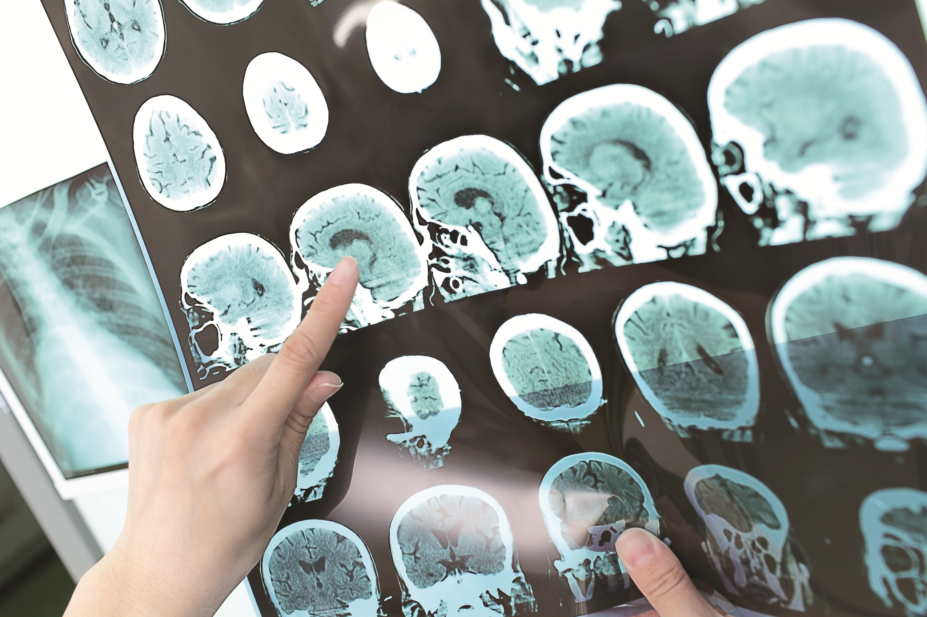
Shutterstock.com
A two-year trial has begun to analyse the efficacy of a monoclonal antibody drug, currently used to treat multiple sclerosis, as a treatment for schizophrenia.
The trial, a collaboration between the Medical Research Council (MRC) and King’s College London, is based on emerging evidence that schizophrenia may be an immune disease. The drug, natalizumab, works by targeting microglia, a type of immune cell residing in the brain which are thought to be overactive in people at risk of developing schizophrenia and in the early stages of the disease.
The first participant in the trial received his first dose of treatment at the beginning of November 2017, and 60 patients will be treated in total, attending clinic once a month for three months to receive hour-long infusions. Half of the participants will be given the drug and half will be given placebo and their symptoms will be tracked with brain scans, cognitive assessment and tests of immune activity.
“Fundamentally it is still unknown if activated microglia play a primary role in the symptoms and brain changes seen in schizophrenia or whether changes are a secondary phenomenon,” explains Oliver Howes, professor of molecular psychiatry at the MRC London Institute of Medical Sciences, consultant psychiatrist and senior researcher on the trial.
“The key test is to reverse microglial activation and determine the effect on symptoms and brain measures.
“To achieve this purpose we will use natalizumab, a monoclonal antibody that specifically targets microglia, coupled with in-vivo measures of microglial activity and clinical measures.”
It is hoped that the trial will explain whether microglial activation is linked to brain changes in schizophrenia, and if it is possible to reduce microglial activation in schizophrenia.
“It is clear we need to understand better other aspects of the pathophysiology of schizophrenia if we are to advance treatment,” said Howes.
Schizophrenia affects more than 50 million people in the world, yet was dubbed the ‘abandoned illness’ in a report by the UK’s Schizophrenia Commission in 2012 due to disinvestment in research and services.
“It is among the top causes of global disease burden in young adults, and a major cause of mortality: 5–10% die due to suicide,” said Howes.
“Contributing to the failure to reduce this high health and economic burden is the fact that current drug treatments, the antipsychotics, are inadequate for up to three-quarters of patients; either due to poor efficacy or poor tolerability.”
Howes explained that antipsychotics, many of which use the same mechanism of action first discovered over sixty years ago, only address one aspect of the illness and fail to improve negative symptoms such as cognitive impairment, or to prevent the excess of grey and white matter loss seen during the illness.

